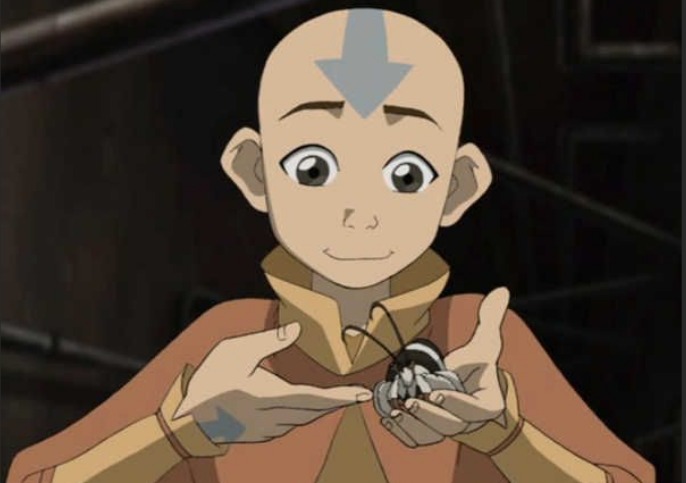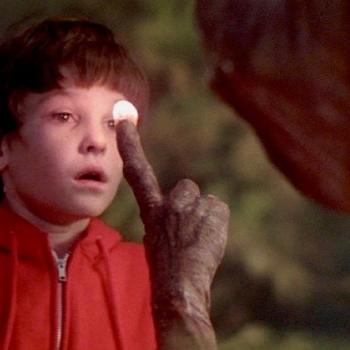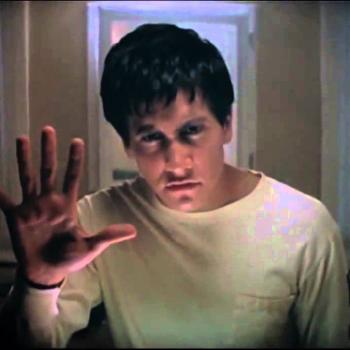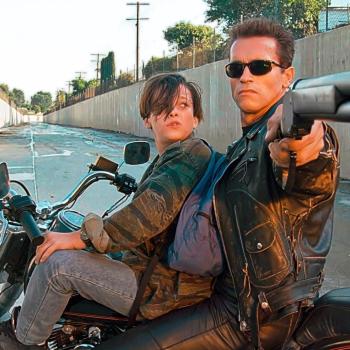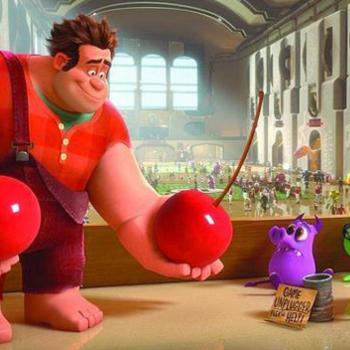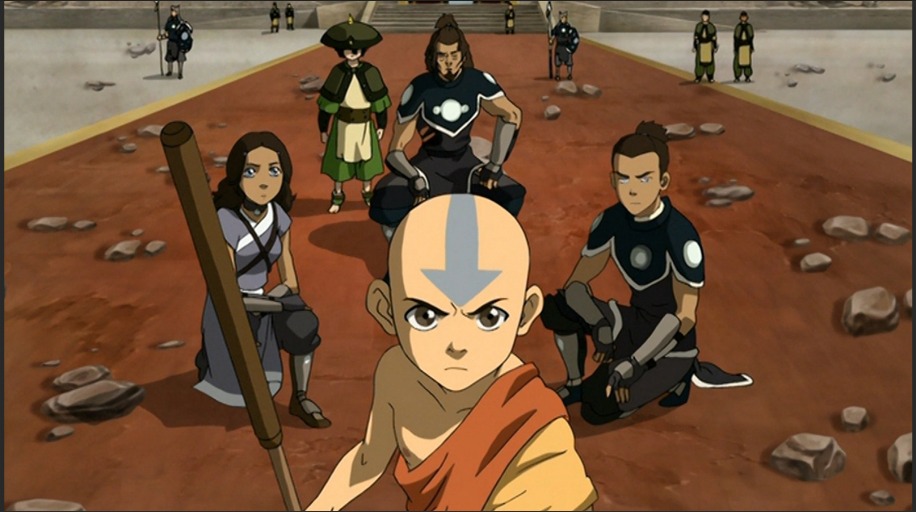
Drawing out the spiritual application of any given text is always an interesting endeavor because there are always so many layers to the development of any given film, book, or other piece of media.
Avatar: The Last Airbender, for example, is famously derived from Asian cultures and mythologies, but there’s a lot here to be seen from a Christian eye. This makes sense. Even if the series is using eastern iconography, it is still being told from the western lens of American filmmakers (and I’m also not saying that’s necessarily a bad thing).
We are introduced to this world through Katara as she is holding onto the last vestiges of faith in a world that has given up. As she says in the series’ opening monologue, “I haven’t lost hope. I still believe that somehow, the Avatar will return to save the world.” So right off, we see there is an easy reading that casts Katara as a believer in a world that has lost its belief in the divine, extoling the virtue of faith even when life grows tempestuous and unstable.
This would cast Aang as a Christ insert, and already we can see the parallels between the return of the salvific Avatar and The Second Coming. This also makes for a fascinating interpretation since there is so little theological documentation of what Jesus was like as a child. But even in the adult Jesus certainly bears a lot of resemblance to the title hero of the Nickelodeon series.
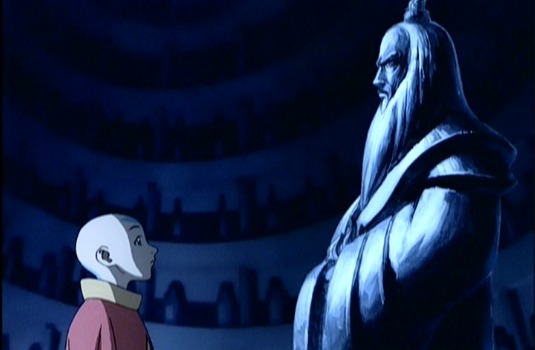
Many of Jesus’s contemporaries were expecting the Messiah to be a powerful warlord who would liberate them from their enemies in an awesome display of strength, and they were kind of disappointed when this homeless man shows up and started preaching about turning the other cheek and whatnot. Again, another strong parallel to Aang, the goofy kid who just wants to ride every animal on the planet. But it’s also Aang’s values that set him apart. Aang is gentle. Aang is optimistic. Aang is childlike. Not surprising. Again, he is a literal child. He has a good heart and a desire to do the right thing, but as a twelve-year-old charged with saving the world, he also mostly just wants to have fun, and this is where we see most of the show’s comedy coming into play.
This is also where many of the episode-to-episode conflicts come in. Aang is having to learn not just how to master elemental magic, but also how to be responsible. Aang is at a point in his life where he might choose not to confide in his friends that he knows where to find their father–whom they haven’t seen in two years–if he thinks it might make them leave him.
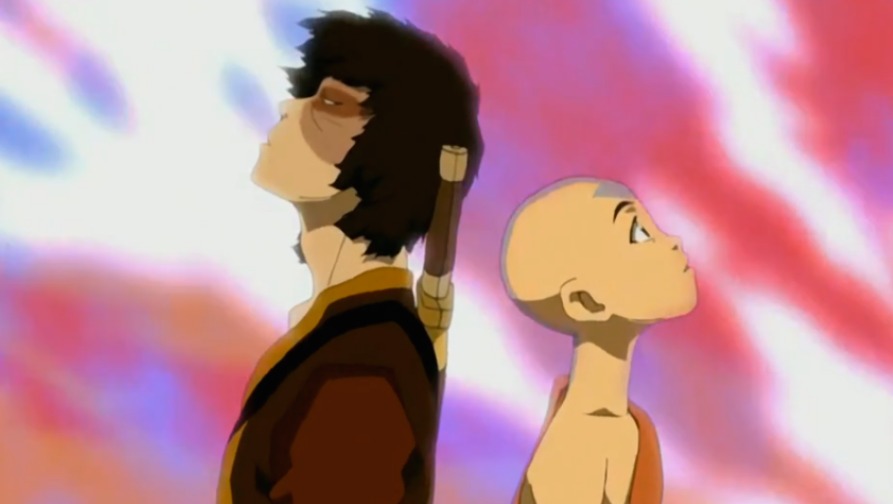
Most of these adventures have him learn some lesson about honesty or bravery, but there’s also an extra layer to the tension: it’s not just a matter of whether this twelve-year-old kid will be able to overpower an entire nation, but whether he will be able to do so without losing the part of him that we might call “childlike.” This is a war, after all, and his connection to all four elements makes him the only one who can bring balance to this world. He is the only one who can pay the price needed, and it is a steep price. We don’t know if Aang the lemur-chasing kid will be able to pull this off, or whether we even want him to.
This is focalized in the series finale when Aang must finally confront the Firelord and stop his warpath, and it seems the only way he can do that is by taking his life. This may be a “necessary” action, but how does a child come back from this? (Yes, YouTube is full of supercuts of Aang and his friends committing acts of violence that certainly resulted in offscreen deaths, but for the sake of analysis, we’ll choose to take the situation at face value.) But by drawing on all he has learned, Aang does find a way around this by reaching into the Firelord’s spirit and stripping him of his bending ability, a feat Aang is only able to achieve by disciplining his spirit in a way that only a true master ever could.
Yes, saving the world, whatever that may look like for each of us, may call for us to make sacrifices, sometimes tremendous sacrifices. Sometimes it may feel like we are even called to lay up our very identity on the altar in the service of a greater good. But there is a power in holding onto our core values and using that determination to dig even deeper still. The reward for this might be something truly heroic.
